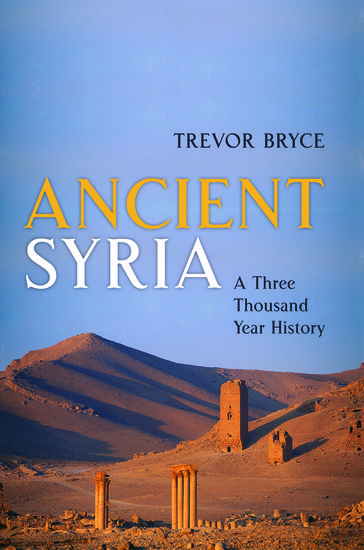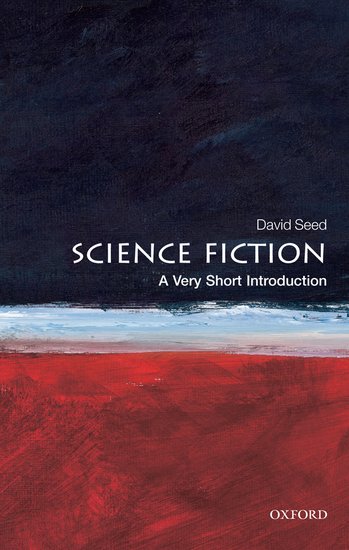Syria’s civil war: historical forces behind regional realities
By Michael Hunt
Critics of the Obama administration’s Syrian policy have lamented its failure to take into account regional realities. With surprising speed those realities have put the brakes on US intervention. The anti-regime forces in Syria have remained deeply divided — indeed turned violently against each other — and resistant to outside guidance.











